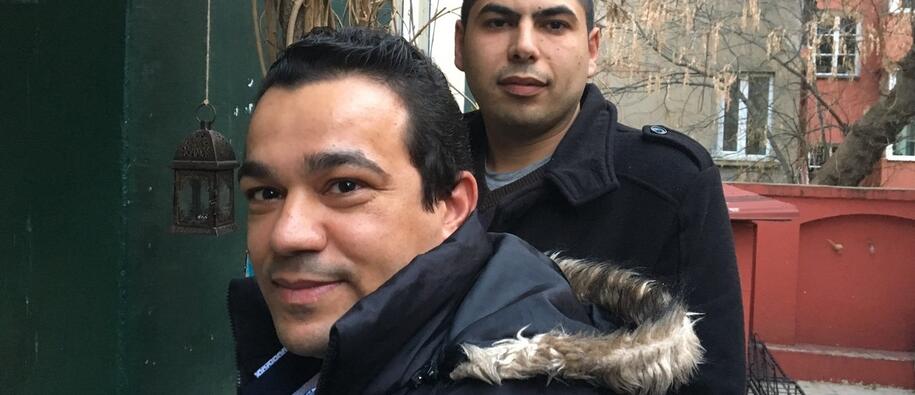Date of approval:
Bulgaria (BG)
Key facts
Programme Operator:
Ministry of Health
Programme ID:
BG07
Status:
In implementation
Total amount:
€13,415,000
EEA Grants fund:
€5,650,000
Norway Grants fund:
€ 7,765,000
Programme areas:
Articles
Currently available funding
There are currently no calls for proposal.
More information
Programme Summary
Why is the programme needed? Bulgaria faces many challenges in the area of healthcare. Equity within the health care system is a challenge not only because of differences in health needs, but also because of socioeconomic disparities and territorial imbalances. Some negative trends identified in recent years are in the field of reproductive health, child health and mental health and access of the Roma population to qualitative health care. Furthermore, the lack of a well-functioning health information management system hampers adequate planning and management of costs and improvement of the quality of care. What will the programme achieve and who are beneficiaries? The Programme focus is on reduced inequalities in health to be achieved through strengthened prevention and health information measures, as well as support to the process of deinstitutionalisation of psychiatric care to more community-based services. Reproductive health and child healthcare are prioritized areas as well as the specific health challenges of Roma. The main target group are institutions competent with defining and implementing policies in the health sector. Additional target groups involve a wide range of public health stakeholders; including NGOs and the general public. How will it be achieved?- At least 240 mental health professionals will be trained;
- Around 80 events are planned for health education purposes, and 6000 young persons will be tested for sexually transmissible diseases;
- Scholarships to Roma students of health professions will be provided;
- At least 1000 children aged 0-3 years from vulnerable groups who are not fully vaccinated will receive vaccination and more than 3000 pregnant women, children or families with higher risk factors will receive home visits;
- A national database and registers for immunization, diabetes and rare diseases will be established.
